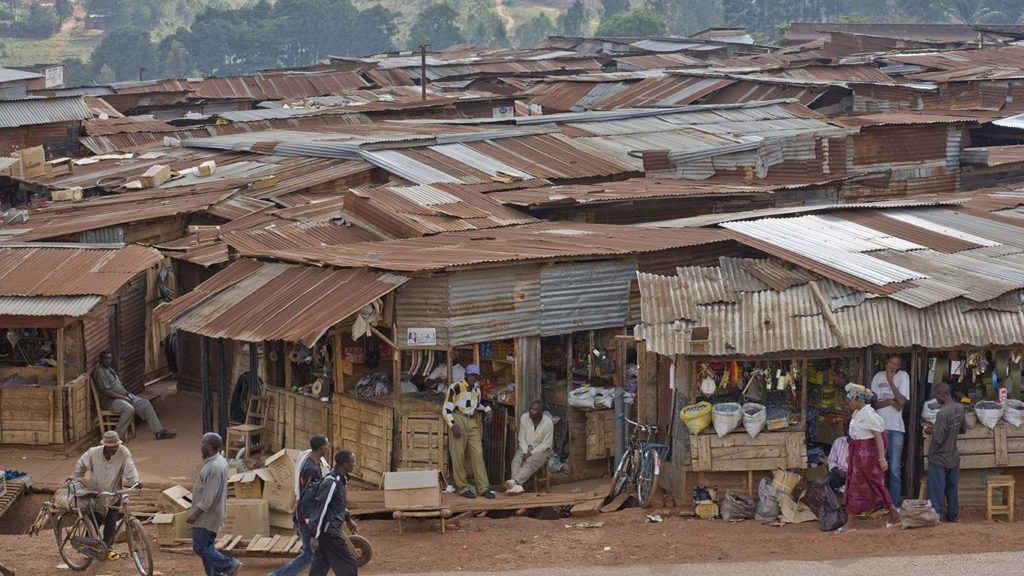With global cases of the COVID-19 infection rate increasing in most developed economies in Europe, UK and the Americas, least developed countries (LDC’s) have so far remained the least scathed by the health consequences of the pandemic
As at late November 2020, LDCs had suffered 17 COVID-19 deaths per million inhabitants, well below 138 deaths per million inhabitants reported in developing countries, and corresponding to just 3% of the 536 deaths per million people recorded in developed economies.
This notwithstanding, the pandemic has on the other hand, wreaked a devastating effect on the economic progress of these countries, especially eroding some of the progress made towards sustainable development and possibly prolonging long-term damages.
This has led to a contraction of 2.6 percent in 2020, being the worst performance in three decades, according to a report by UNCTAD.
According to the Secretary-General of UNCTAD, Mukhisa Kituyi, “the least developed countries have deployed their limited means to counter the recession, but they find themselves the worst hit by a crisis for which they are not responsible, similar to their situation vis-à-vis climate change.”
To him, this is an injustice which needs urgent redress, and for that matter, the international community needs to show its resolve to assist the weakest members, he added.
Currently, there are 47 countries that are designated by the United Nations as least developing countries (LDCs). 33 of which are found in Africa with the inclusion of Haiti, 8 are in Asia and 7 are Islands.

The new classification of countries was reached after a comprehensive review was undertaken by the Committee for Development Policy between 2017 and 2020. The committee established three criteria; Per capita income criterion; human assets index and the economic and environmental vulnerability index.
First, the percapita income criterion is based on a three-year average estimate of GNI percapita, with a lower bound of $1,018 for identifying countries to be listed as LDCs and an upper bound of $1,222 for consideration of countries to be graduated.
Second, the human assets index is based on health and education indices. The health sub-index contains three indicators including under-five mortality rate; maternal mortality ratio; and the prevalence of stunting.
Whereas that of education includes another three indicators; gross secondary school enrolment ratio; adult literacy rate; gender parity index for gross secondary school enrolment.
Third, the economic and environmental vulnerability index also involved an economic vulnerability index and an environmental vulnerability index. The economic vulnerability entails the share of agriculture, hunting, forest and fishing in GDP; remoteness and landlockedness; merchandise export concentration; and instability of goods and services.
On the environmental vulnerability side, the indicators include; share of population in low level coastal zones; share of the population living in drylands; instability of agricultural production; and victims of disaster.
According to the report, 43 out of the 47 LDCs are likely to experience a fall in their average income. From already high prevalence of extreme poverty in the LDCs, current projections are that extreme poverty is set to expand by 32 million in 2020, to reach 377 million people.
Moreover, poverty rate is expected to rise from 32.5 percent to as high as 35.7 percent in 2020, due to the COVID-19 induced economic crisis. Again, although LDCs account for just 14 percent of the world’s population, they comprise of more than 50 percent of the world’s extremely poor (i.e. those living on less than $1.9 per day). While, their economies account for just 1.3 percent of the world total.
On the basis of the criteria, the report highlights that LDCs are the world’s most vulnerable group of countries, as they are 27% more vulnerable than other (non-LDC) developing countries.
Considering the above, the time to act is now in order to avoid further deepening the woes of these very poor countries. The Secretary-General of UNCTAD says that, “in order to treat the pre-existing conditions that have left them disproportionately vulnerable to the effects of the global pandemic, the least developed countries deserve a plan of action.”
“A plan that is focused on developing productive capacities for their successful structural transformation. This is the only way to ensure sustainable development and overcome the long-term development challenges of the least developed countries.”
READ ALSO: COVID-19 to worsen poverty in Least Developed Countries























